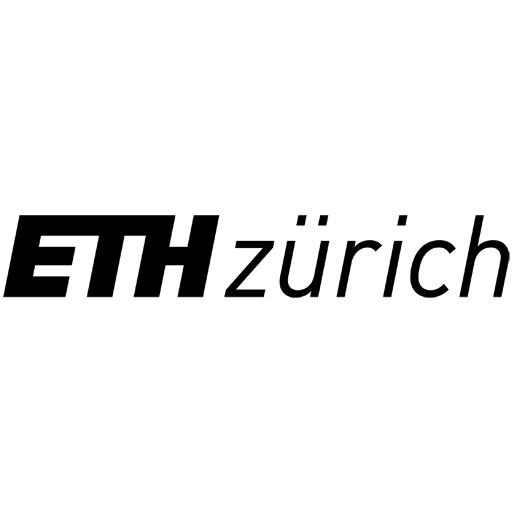Course instructors
Bertrand Meyer
Bertrand Meyer, formerly from ETH Zurich, is a professor at Politecnico di Milano and Innopolis University, and Chief Architect at Eiffel Software. He is an authority in software engineering, programming languages and object-oriented programming. He is pa…

